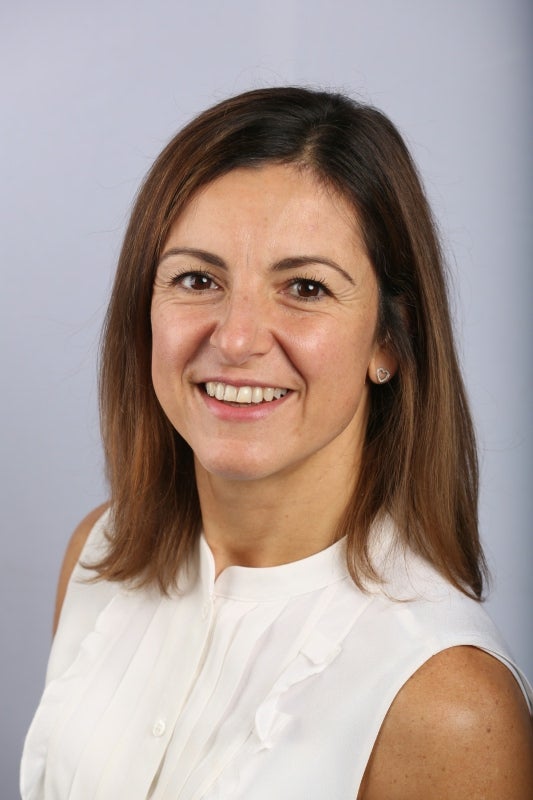The European Women Payments Network (EWPN) is a dynamic and inclusive network for women from all EU and EEA member states working in various financial services. Miranda McLean, global head of marketing for Banking Circle and a member of the EWPN executive board, speaks to Briony Richter about diversity in the financial sector
Creating diversity in the top levels of financial services continues to be a challenge for the industry. Improving diversity and inclusion for women is not a quick process, especially at executive levels.
It is crucial for those in top positions to actively encourage and follow through with
inclusion policies. While gender diversity is often a priority for many organisations, many do not ensure that steps filter all the way though the company; unless this happens, change will not.
EWPN’s main goal is to create an inclusive and professional platform that will empower, inspire and support women across the industry. The initiatives will help them achieve their full career potential through various programmes including:
- Remarkable Women in Leadership;
- Mentorship;
- Millennials Young Leaders;
- Individual and Corporate Membership, and
- Corporate Sponsorship.
Speaking to EPI, McLean talks about some of the challenges that women face while trying to reach the top in the financial industry.
“Encouragingly, getting into the industry doesn’t seem to be an issue for women,” she notes.
How well do you really know your competitors?
Access the most comprehensive Company Profiles on the market, powered by GlobalData. Save hours of research. Gain competitive edge.

Thank you!
Your download email will arrive shortly
Not ready to buy yet? Download a free sample
We are confident about the unique quality of our Company Profiles. However, we want you to make the most beneficial decision for your business, so we offer a free sample that you can download by submitting the below form
By GlobalData“We are well represented in entry-level and mid-management positions throughout the industry. However, there are very few women in the more senior roles. In fact, the further up the chain you look, the lower the numbers of women.
“Of course, this results in very few women sitting around the table at decision-making meetings, where the outcomes could affect opportunities available to other women. Policies can inadvertently disadvantage women, but a board entirely made up of men can mean that those at the top are unaware of the issue, so things do not change.”
There are still many companies around the world that do not run programmes designed specifically to help women enhance their leadership skills. McLean highlights that what EWPN has noticed is that many women suffer from ‘imposter syndrome’ – meaning women themselves do not believe they bear close scrutiny in top roles.
It is a matter that EWPN has been strongly working on to promote those programmes, and McLean adds that there has been great success with its programmes in a short period. As in any industry, the gender pay gap means there is less motivation to progress up the ladder.
In addition, women often feel held back from reaching their full career potential when they have to take maternity leave and come back part time. Although these are very normal stages in a woman’s life, a stigma still surrounds it. In many ways, women in the financial sector and others feel more grateful to have a job than confident that they have earned it.
There is still a very long way to go, although McLean points out some promising and significant improvements. “Shared parental leave in some markets has allowed more women to return to work sooner, and the gender pay gap has finally been recognised, which means progress can be made.”
She continues: “One very important change took place in 2015, when Martha Meghendi-
Fisher founded the EWPN to champion the skills and expertise of women in the burgeoning fintech and payments sectors. Some very big companies have joined – and not just those with a high proportion of women in leadership.”

What can be done?
A proactive approach to creating diversity in the financial sector will essentially broaden the talent pool and enhance the workplace culture. However, there is no simple solution to the issue of gender inequality: it needs to become a bigger conversation, and organisations need to ensure that any steps implemented are adhered to.
So what can financial services organisations do to ensure that they are moving in the right direction to improve diversity?
“Change can only happen when the wider industry accepts there is a problem and moves to make a momentous change,” McLean says.
“Companies must encourage women to step forward for the higher roles, and must provide them with tailored training to give them the boost they need. The right support will empower women to more readily step out of their comfort zone.
“The biggest change needs to be made to the preconceptions of the industry. We need to work together to change how everyone sees the industry and its opportunities. If we can change the masculine image now, we will be able to encourage young women and girls still at school today to consider a future career in finance, payments and fintech.
“The more diverse the industry, the wider the range of experience and insights from which it can benefit. It will also be better suited to meet the needs of an increasingly diverse customer base.”
Creating an inclusive platform that offers equal opportunities for everyone working in the payments industry will deliver benefits to both the employees and employers.







